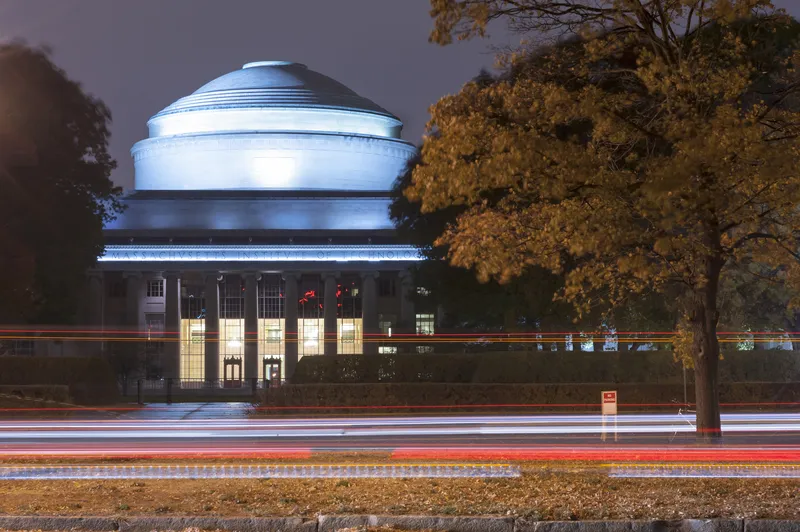Japanese manufacturer Kyocera has joined forces with BYD (Build Your Dreams) to develop an integrated renewable supply-demand energy system for electric vehicles (EVs).
Kyocera will combine its solar power generating systems with BYD’s electric buses in a bid to reduce power losses and maintain a stable supply-demand energy balance.
For the project, Kyocera is to develop the energy and charge management system to control the supply-demand balance between energy production and consumption by using aggregation technology. BYD will supply its K9 large e-bus and a compact electric model called J6, which will be available in 2020.
As part of the deal, Kyocera will explore the potential of other renewable energy applications such as independent power systems for transportation and ride-sharing services in collaboration with local communities, power retailers and transmission and distribution system operators.
The partners are expecting to launch the energy system in 2021.
Kyocera and BYD to develop integrated energy system for EVs
Japanese manufacturer Kyocera has joined forces with BYD (Build Your Dreams) to develop an integrated renewable supply-demand energy system for electric vehicles (EVs).
Kyocera will combine its solar power generating systems with BYD’s electric buses in a bid to reduce power losses and maintain a stable supply-demand energy balance.
For the project, Kyocera is to develop the energy and charge management system to control the supply-demand balance between energy production and consumption by using ag
June 21, 2019
Read time: 1 min








